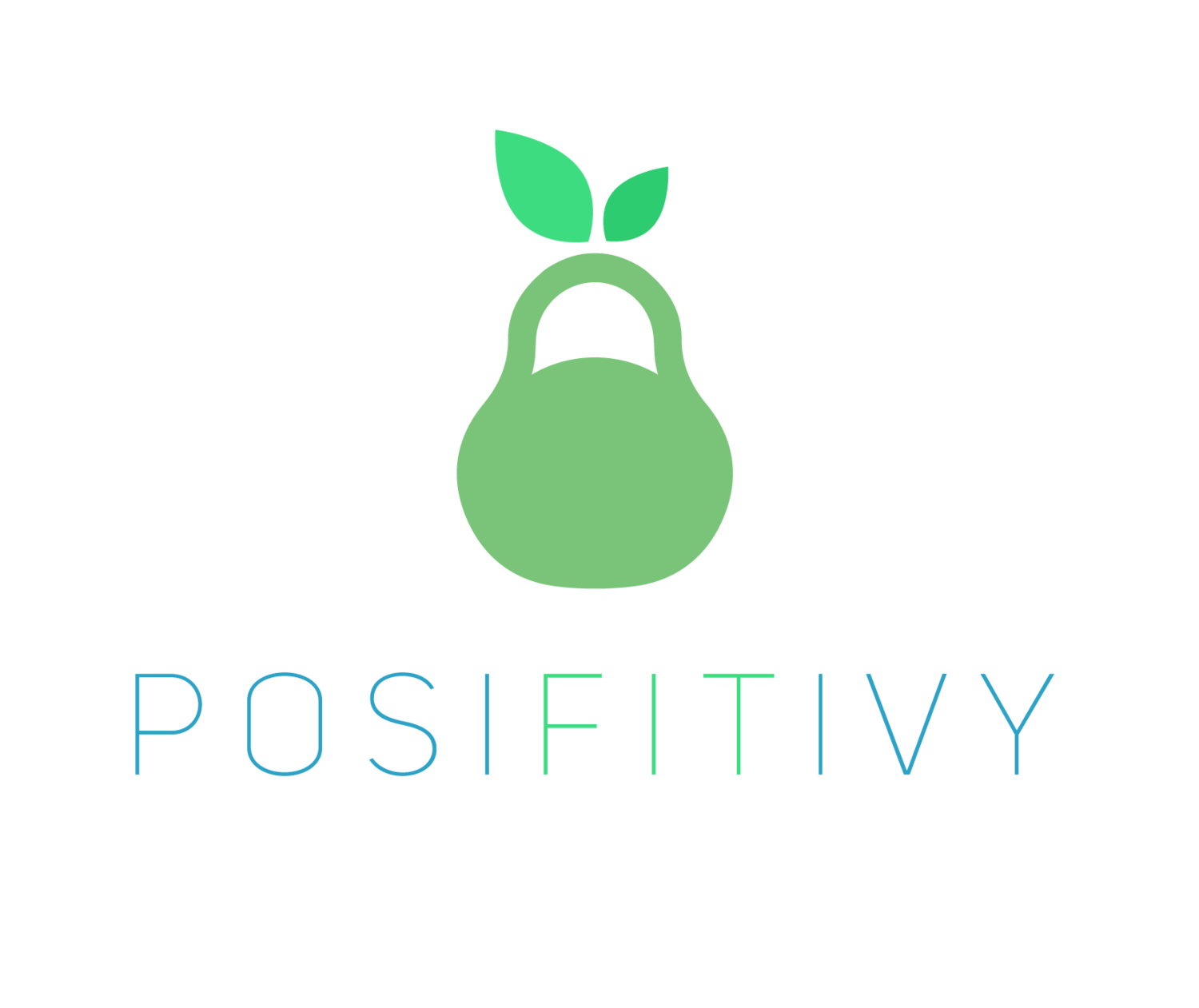my experience as a medical assistant in a lifestyle medical practice: ethos primary care
Shortly after I left my job as a software engineer about two years ago, I went on the hunt for clinical experience, desperate to shadow a physician who practiced lifestyle medicine. In a stroke of incredibly good fortune, I was told that a position was open for medical scribe at Ethos Primary Care, the first farm-based medical practice. I drove onto the farm a day or two later for an interview. It was only about an hour away from where I lived, but felt otherworldly: its gravel drive crunched under my tires as I drove in. Sunlight filtered through the summer greenery in full bloom. When I parked my car, Maya, the farm dog, bounded over gleefully. What a change this environment was from the concrete jungle I had been working in.
In my interview, I told my story. Though I had no experience in the medical field, Dr. Ron Weiss and Asha, the lifestyle director at Ethos, hired me. I was intimidated by the challenge of learning on my feet in an entirely new field, but I knew there was no place on earth like Ethos. Where better to learn than here, and who better to learn from than Dr. Weiss, an expert?
Rapidly, the experience transformed me. Certainly, there were patients who were uninterested in taking on the herculean task of overhauling their lifestyles. But I met patients who expressed a deep desire to heal, stop taking their medications, and be freed from their reliance on various medical professionals. I learned something from every single person, and was frequently impressed and moved by Dr. Weiss’s ability to connect with everyone, his capacity to muster up compassion for each patient as though they were his first-ever, despite having practiced medicine for decades.
This wasn’t assembly-line primary care. We carefully listened to stories, allowing patients the time and space to share their experiences. (Later, I worked in a more traditional primary care practice, which opened my eyes to the realities of a primary care structure that shuttles as many patients in and out as possible.) Visits rarely ended with a prescription for medication. Instead, Dr. Weiss would painstakingly address whether the individual’s complaints could be addressed by a lifestyle overhaul. In the vast majority of cases, they could. We would discuss the patient’s diet, sleeping habits, exercise routine, mindfulness practices, and stress levels, among other lifestyle components. Particularly special is that we would provide each patient with educational materials and action items at the end of each visit, empowering them to sit in the driver’s seat of their own care. Dr. Weiss never asked a patient to take his word for it: “We will give you the evidence” was his common refrain. Those who needed extra accountability would be paired with a health coach to guide them through the minutiae. Often we would be rewarded with good news on subsequent encounters: significantly improved blood pressure, ten pounds of weight loss, alleviated anxiety, a greater sense of control.
Of course, not every diagnosis or medical issue can be tackled with lifestyle change alone. Conventional medicine certainly has its place, and is a valuable tool in the physician’s arsenal. But it’s just that: a tool. Where patients can be encouraged to make significant lifestyle changes, they should be. I believe that doctors who live their recommendations make the strongest impression on their patients. Dr. Weiss is one such physician: more than once, he briefly left the examination room to grab his lunch from the kitchen for a practical dietary demonstration. Patients frequently commented on the sense of motivation and inspiration they derived from coming to Ethos for a medical visit.
Abraham Maslow postulated that physiological needs take precedence over all other needs. A doctor’s impact is not limited to prescriptions or examinations; by treating a patient’s physiological problems, a doctor empowers the individual and frees them to pursue higher needs. Without health, there can be no self-actualization. I believe this is the critical bedrock of societal impact and change, because patients who are no longer crippled by debilitating chronic issues become free to seek purpose and meaning. This is the work that has been done at Ethos since its inception. I have heard even elderly patients express the feeling that their lives have been meaningfully restored—all because they received empowering encouragement to make lifestyle changes from a doctor who cared.
Yesterday was my last day working at Ethos Primary Care. Our final patient of the day was new to Ethos. I took a moment to appreciate that I didn’t know when next I would see a patient with Dr. Weiss. In response to the woman’s questions about her diet, Dr. Weiss said, “Plants, my dear, and only plants.” He was as warm, compassionate, thoughtful, and engaged as ever.



